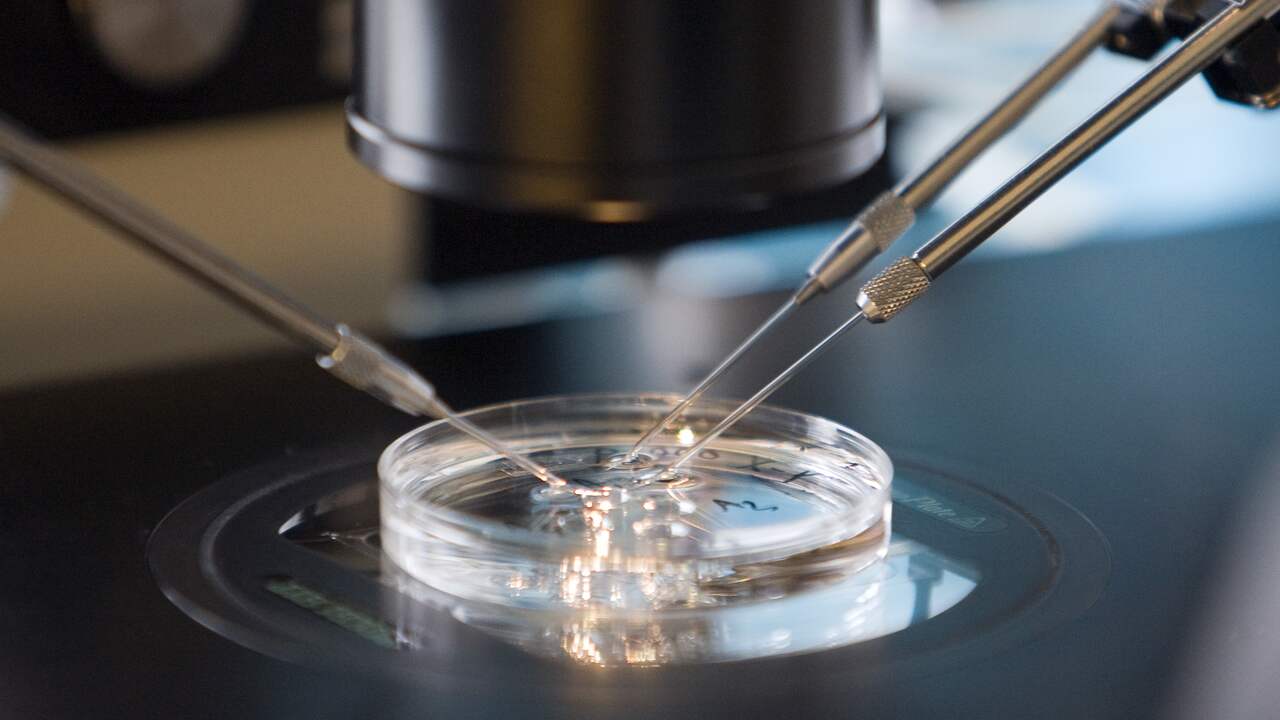The Health Board investigated this matter at the request of outgoing Health Minister Ernst Kuipers.
The embryos remaining after IVF are used in scientific research. The maximum in the Embryo Act is now 14 days, but the Health Board recommends increasing it to 28 days.
According to the Council, this amendment could lead to valuable knowledge. Currently, there is “practically no knowledge” about the development of human fetuses between two and four weeks. At this stage, important processes occur, such as organ development.
Science can thus benefit greatly from additional research opportunities. This allows scientists to investigate why some embryos develop into children with spina bifida or heart problems.








More Stories
GALA lacks a chapter on e-health
Weird beer can taste really good.
Planets contain much more water than previously thought